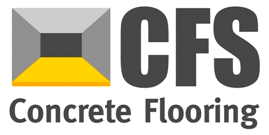What Are The Pros And Cons Of Resin Flooring?
Resin flooring involves pouring an epoxy resin onto a concrete surface, which then hardens and forms a sturdy layer. It is useful in commercial and industrial spaces because it is durable, easy-to-clean, and cheap – however, it may be applied in residential spaces too.
When determining what type of floor is right for you, it can be a challenge to find the right option. The important thing to remember is that there is no ‘best’ choice. The floor you choose will depend on the type of use it will have, your budget and any design considerations.
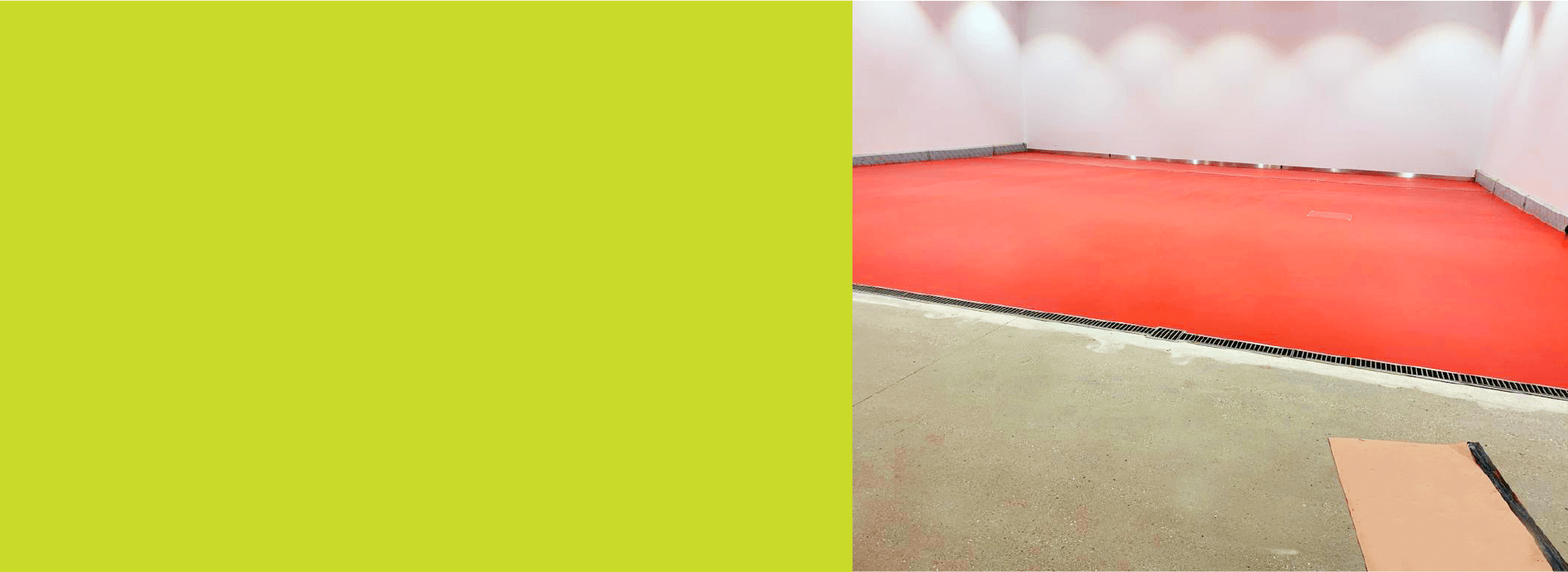
We Are The Resin Flooring Experts
Resin flooring is a great way to buy a seamless looking floor suitable for indoor and outdoor use. A resin floor can work in a domestic or commercial setting, and we will install them for you by pouring epoxy-based resins on top of a concrete floor underneath.
Generally, there are a lot of pros when it comes to resin flooring. But sometimes a few cons can make it an inappropriate choice. As experts in installing epoxy resin floors in many settings, we are well-placed to provide a breakdown of the pros and cons of resin flooring. To install a resin floor please feel free to contact us.
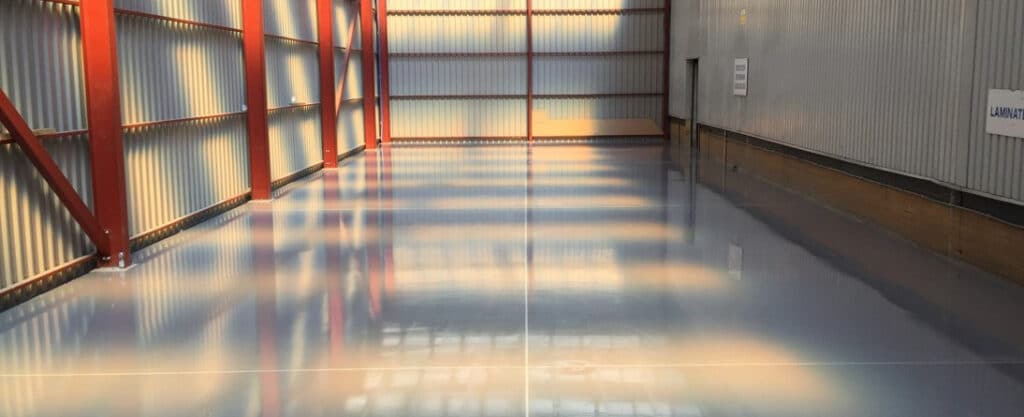
Advantages Of Resin Flooring
The benefits of epoxy coatings include the following:
Price
Resin is a cheap material. As a derivative of plastic, it has a very simple method of manufacturing and is relatively fast to install. Cost-effectiveness is a key appeal of resin floors and makes them suitable for large spaces such as warehouses.
Additional layers, such as sealants and protective layers that are skid-resistant, will add to the price of the installation. However, at the base level resin is a very cheap material.
Durability
Once the resin hardens it is extremely firm. Thicker floors can withstand almost constant use from heavy vehicles, which makes them useful for garages. Forklifts are another potential vehicle that are suitable for use on a resin floor.
The durability means resin can withstand shocks and impacts, such as from accidental drops or spillages. If a floor has foot traffic then resin is a good option as it will not wear down over time, even with constant use.
Lifespan
There is little point in installing a new floor if it is going to need replacing shortly after – or if damage occurs. Epoxy resin flooring is an exceptionally long-lasting type of floor, which can exceed 10 years even with constant use.
Because it lasts so long, resin flooring is a good investment, which is why they are so popular for commercial and industrial spaces. Proper sealants and protective layers can increase the lifespan further.
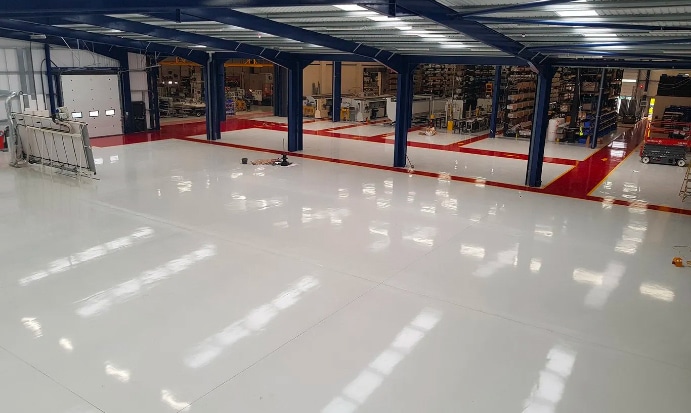
Why Choose Us?
- Over 40 Years’ Experience
- 100% Accredited
- Competitive Rates
- Lifelong Results
- Constructionline Gold Member
Disadvantages Of Resin Flooring
The drawbacks of epoxy coatings include the following:
Slippery when wet
Without installing an additional skid-resistant layer, a resin floor is slippery when wet. This can be a challenge for health and safety regulations and increase the risk of accidents in the workplace.
A skid-resistant layer is usually an optional extra but becomes essential for many spaces. You can avoid this issue by installing a different type of floor, such as a brushed concrete floor that has better traction and provides sufficient grip for vehicles and people.
Cracking and uneven layers
While our talented team guarantees a smooth and even floor, many installations can result in a slightly uneven surface that is prone to cracking. Any inconsistency in pouring will undermine the integrity of the surface.
Cracking is not just cosmetic, it can cause the substrate below to receive damage and will make it possible for chemicals, moisture and other substances to seep into the surface.
Ultraviolet sensitivity
A resin floor can react to ultraviolet light from the sun, which will affect the look of the surface. This is a particular issue for outdoor spaces, such as garages and driveways.
A protective layer of ultraviolet sealant is necessary to protect the resin from light. This will maintain the appearance of the floor and prevent it from absorbing any rays and reacting to sunlight.
Resin Floors Are An Excellent Type Of Flooring
Overall, resin floors offer a lot of advantages that make them a sensible option for many settings. They are cheap and strong, and while they may have issues in certain areas it is possible to mitigate these in most cases.
Resin flooring works well in commercial and industrial settings but can be applied in residential spaces too. To get a resin flooring project underway, with a high level of quality, please contact us today.
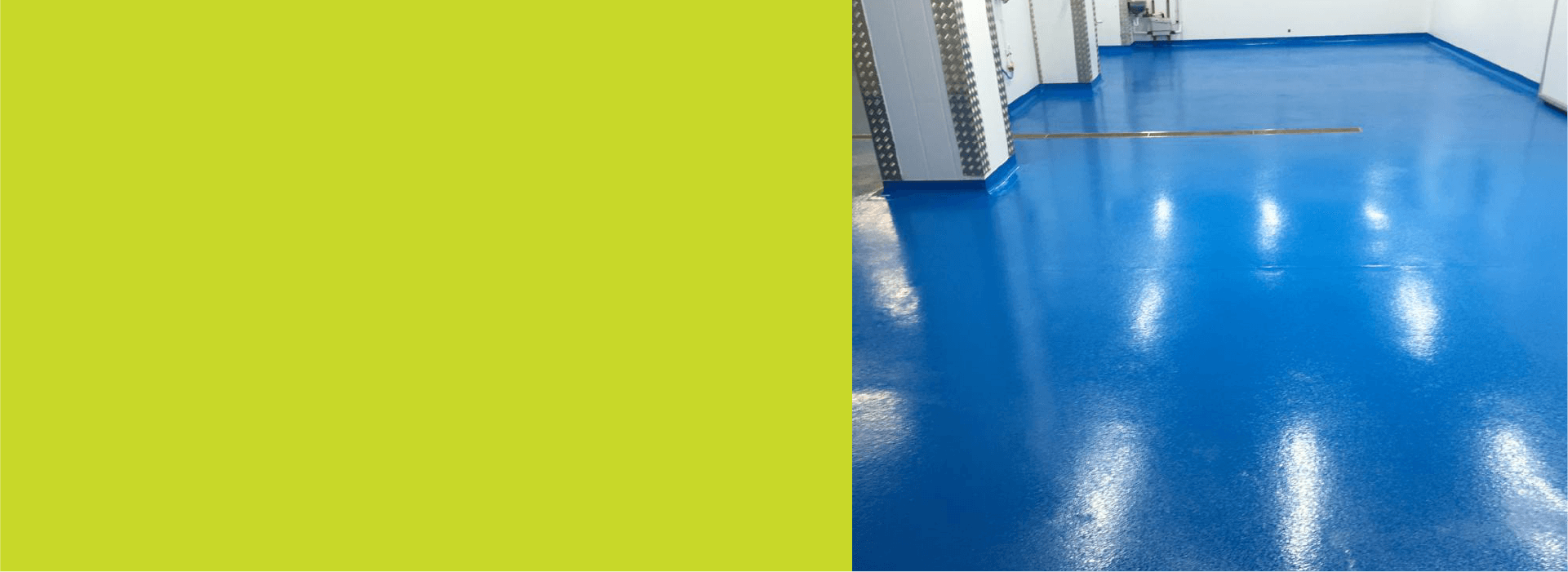
Contact Us for a Bespoke Quote
Our team has experience with all types of resin flooring. If you would like to get a quote for your project, please contact us
